Global South voices break the silence on climate change
WHAT: Public presentation by three international partners speaking specifically on how the shifting climate has affected them and their communities in the Global South.
WHEN: Tuesday, September 25, 7:30 – 9 p.m.
WHERE: College Mennonite Church, 1900 S Main Street Goshen, IN 46526
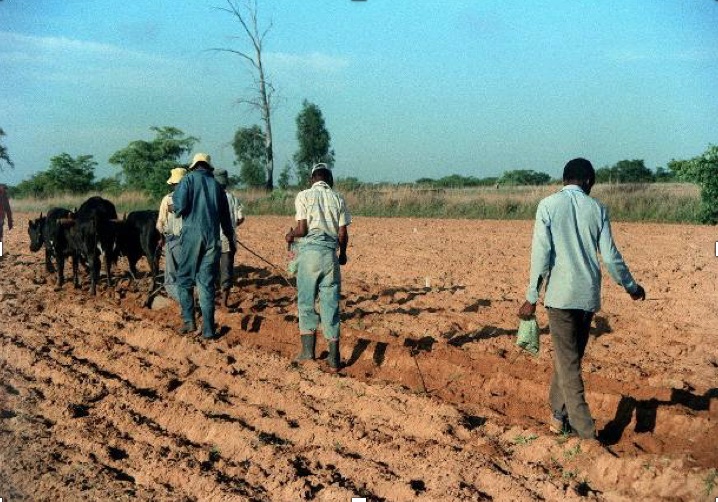
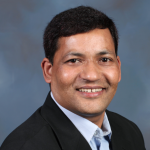
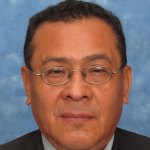

Zacharias Martinez, Dr. Sibonokuhle Ncube and Durga Sunchiuri never met before this month. Each is from a different continent, but they share a common grief: their nations are experiencing the effects of climate change.
The public is invited to hear their stories Tuesday, September 25, 7 p.m. at Goshen College’s Church Chapel, 1700 S. Main St.
The three are touring the Great Lakes Region and parts of the Eastern U.S. at the invitation of the Center for Sustainable Climate Solutions, (CSCS) a nonprofit affiliated with Eastern Mennonite University, Goshen College and Mennonite Central Committee. If there is a common thread running through the experiences the representatives from the Global South describe, it is water: too little water to grow crops, too much water at the wrong times.
“Eight hundred million South Asian people depend on water from the Himalayas,” explained Sunchiuri, who hails from Nepal. As temperatures warm and the ice recedes, droughts and the reduced flow combine to threaten not only the tourist industry that Nepal is renowned for but the lives of rural farmers.
Sunchiuri tells stories about an apple farmer whose trees will no longer bear fruit and a village where women are walking two hours a day to obtain water because their water line had dried up. Lack of water has also hampered rebuilding following the April 2015 earthquake that struck Nepal. How can you mix cement without a generous supply of water? Some families remain homeless.
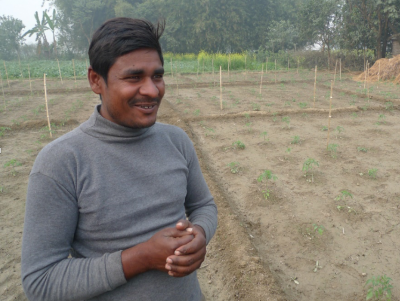
Dr. Ncube, a native of Zimbabwe, is the only member of her high school class who remains within the country. Those who are able have fled the 90 percent unemployment rate while the less fortunate are left behind, watching as droughts come like labor pains instead of in a five or ten-year cycle. “For me, it’s a calling. This is where I think the life of God is,” she says.
Ncube cites climate change as one of the factors that created this month’s cholera epidemic in her capital city, Harare. Migration to the city from the parched countryside weakened the already strained septic infrastructure.
In a speaking engagement on Sept. 18, the representatives from the Global South met with a group of Northern Indiana pastors who gathered to discuss ways to address the denial and despair that surrounds climate change.
“Make climate change a main theme within all that you do,” said Martinez, who sees food shortages, malnutrition and conflicts over water affecting people in El Salvador. Martinez works with ANADES (translated in English: The New Dawn Association of El Salvador), an organization seeking to create just and sustainable communities.
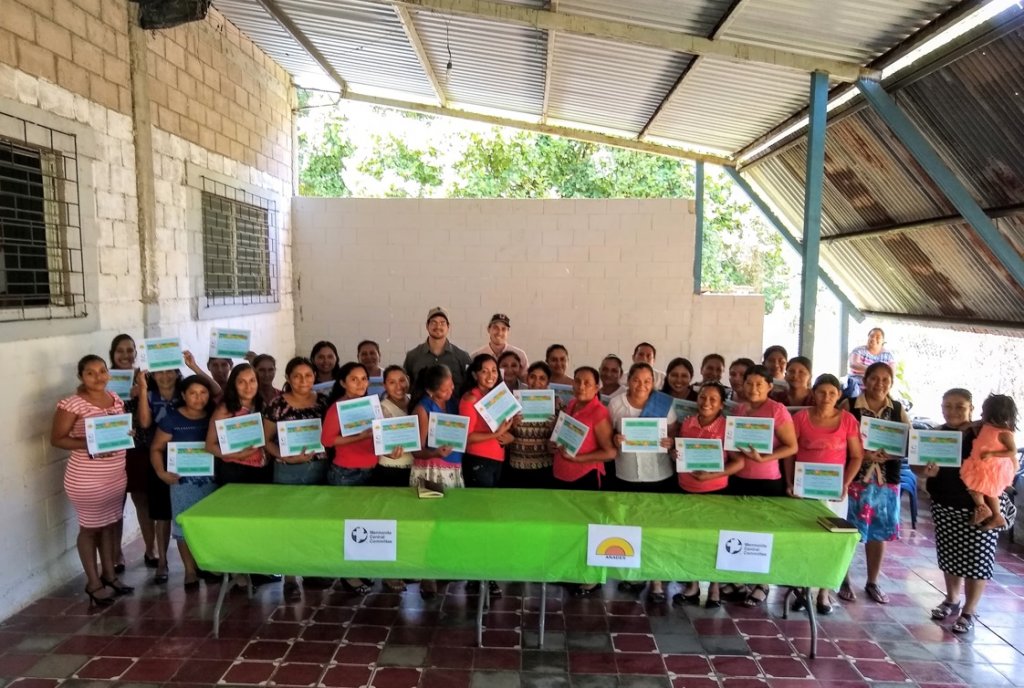
He quoted Oscar Romero, the Catholic archbishop who was murdered during a mass in 1980 and who will be canonized as a saint on October 14. Romero was a personal friend and mentor to Martinez in his youth in the late 1970s. “To align ourselves with God is not to become the ‘Lord of Nature’ or to become an exploiter of our natural surroundings,” Romero said.
“One day it is going to rain on the Global North as it is now on the Global South,” warned Ncube.
CSCS and its partner organizations have made this tour possible because they believe that North Americans need to hear informed and passionate voices from the Global South. They also believe that the Church in North America can learn from those who are living out their theological confessions in specific contexts.
“Including these voices is a moral imperative from a climate justice perspective, as well as an effective way of personally motivating North Americans to change attitudes, policies and practices,” said Doug Graber Neufeld, the organization’s director.




